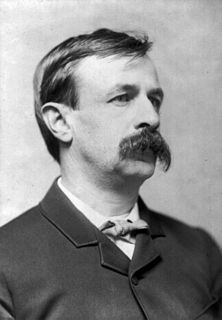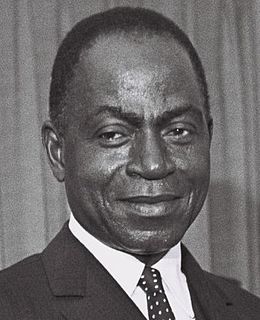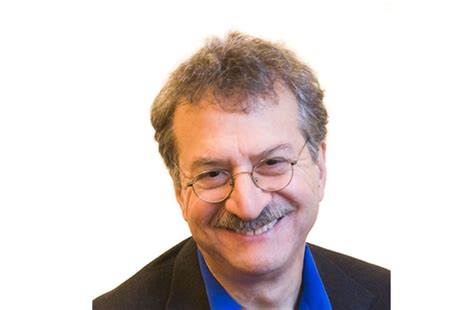A Quote by Charles Handy
Most of us prefer to walk backward into the future, a posture that may be uncomfortable but which at least allows us to keep on looking at familiar things as long as we can.
Related Quotes
The Past is dead, and has no resurrection; but the Future is endowed with such a life, that it lives to us even in anticipation. The Past is, in many things, the foe of mankind; the Future is, in all things, our friend. In the Past is no hope; The Future is both hope and fruition. The Past is the text-book of tyrants; the Future is the Bible of the Free. Those who are solely governed by the Past stand like Lot's wife, crystallized in the act of looking backward, and forever incapable of looking before.
Looking to the material world for the satisfaction of our inner needs is the source of much fear. All fear is, in essence, fear of the future. We are afraid of things that have not yet happened, but which if they did might bring us pain, suffering, or some other discomfort - or stand in the way of some future contentment. And we are afraid that circumstances that are already causing us displeasure may continue in the future.
If you are walking backward, away from something you think is a mistake, you may be right in supposing it is a mistake, but for you to be walking backward is never right. You know what happens to people who walk backward.... We are meant to walk forward, not backward, and reaction is always a matter of walking backward.
If he could have his way, Satan would distract us from our heritage. He would have us become involved in a million and one things in this life-probably none of which is very important in the long run-to keep us from concentrating on the things that are really important, particularly the reality that we are God's children. He would like us to forget about home and family values. He'd like to keep us so busy with comparatively insignificant things that we don't have time to make the effort to understand where we came from, whose children we are, and how glorious our ultimate homecoming can be!
The asking and the answering which history provides may help us to understand, even to frame, the logic of experience to which we shall submit. History cannot give us a program for the future, but it can give us a fuller understanding of ourselves, and of our common humanity, so that we can better face the future.
The things we hope in sustain us during our daily walk. They uphold us through trials, temptations, and sorrow. Everyone has experienced discouragement and difficulty. Indeed, there are times when the darkness may seem unbearable. It is in these times that the divine principles of the restored gospel we hope in can uphold us and carry us until, once again, we walk in the light.
That 'change makes us uncomfortable' is now one of the most widely promoted, widely accepted, and under-considered half-truths around. [I]t is not change by itself that makes us uncomfortable; it is not even change that involves taking on something very difficult. Rather, it is change that leaves us feeling defenseless before the dangers we 'know' to be present that causes us anxiety.
It may be that the only reason childhood memories act on us so strongly is that, being the most remote we possess, they are the worst remembered and so offer the least resistance to that process by which we mold them nearer and nearer to an ideal which is fundamentally artistic, or at least nonfactual.


































